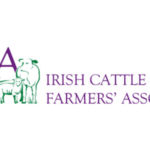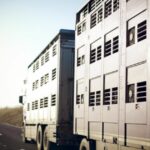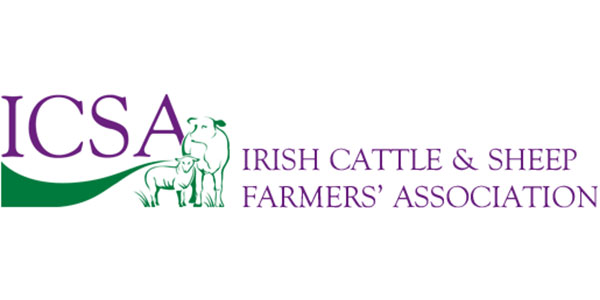ICSA Animal Health and Welfare chair Hugh Farrell has said that “confusion reigns supreme in relation to a strategy for IBR.” Mr Farrell was commenting on the new suckler scheme known as the Beef Welfare Scheme which includes a measure to take IBR (Infectious Bovine Rhinotracheitis) samples and the lack of clarity around what are the implications of a positive test result.
“We have been discussing the need for a national programme on the Animal Health Ireland IBR implementation group for some time now. However, the new suckler scheme does not in our view represent a coherent step forward. Farmers have been left in the dark about the implications of a positive test. There is also a concern that money that was promised for the suckler farmer is now being used to fund a programme when we had been expecting that separate funding would be available for an IBR programme on the basis that dairy and suckler farmers would be treated the same. This is not now the case.”
“Farmers are concerned about what the impact of a positive will be on their farming in terms of ability to export weanlings, possible implications for domestic sales and the potential cost of an annual vaccination programme. ICSA has raised these issues in a recent meeting with the chair and CEO of Animal Health Ireland.”
“The problem is that the closing date for the scheme is September 12 and suckler farmers still do not know what will happen to their herds if they turn up with a positive IBR result. We need clarity around this urgently. The Minister needs to engage with all the stakeholders on the IBR working group to look at the strategy in a more coherent way.”
Mr Farrell has called for an extension to the deadline for the Beef Welfare Scheme to the end of September. “Farmers need clarity which they haven’t received yet in relation to the IBR element of the new scheme. Also, there is an Animal Health Ireland IRB group meeting on September 14. It would be far better if that meeting had a clear picture from the Minister on the long-term intentions regarding funding the IBR strategy, before farmers make a decision on the new scheme.”
ENDS





